
August 18, 2025
The Moral Collapse on Campus Is a Result of the Hollowing Out of the Humanities
Mending a civic and intellectual catastrophe.
Who needs any more proof of the awful decay of higher education in America than the unveiling of its effectual truth, would-be pogroms in Morningside Heights and on campuses from coast to coast? More common, though perhaps not less unsettling, is the characteristic boredom and confusion of the recipients of the great privilege of the baccalaureate in America. This boredom is as important to explaining the successful revival of violent anti-Semitism as is the ideological indoctrination that more directly causes it.
The moral decay of education has two conjoined parts: the elimination of higher civic education and the total subversion of liberal education. Young men and women trained, at best, for productivity have not been prepared for freedom and cannot distinguish between the politics of the gutter and the fortitude required of the highest duties. They enter their careers with technical skill but without memory, judgment, reverence, or real wonder.
A generation of students emerges from our most prestigious institutions able to code or to critique, but not to speak coherently about justice, law, liberty, or the human good. The result is a civic catastrophe. Fewer than one in five Americans can name the three branches of government. Even fewer can explain the principles of the Declaration of Independence or the architecture of the Constitution. This is not merely a civic failure. It is a failure of education at its very core.
Responses to August ’s Essay
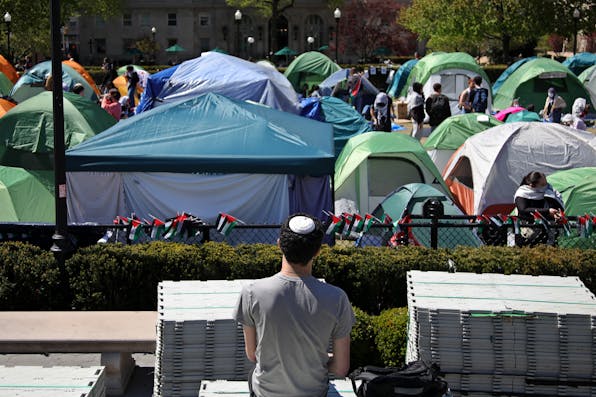
August 2025
The Future of Higher Education and the Jews: A Symposium
By The Editors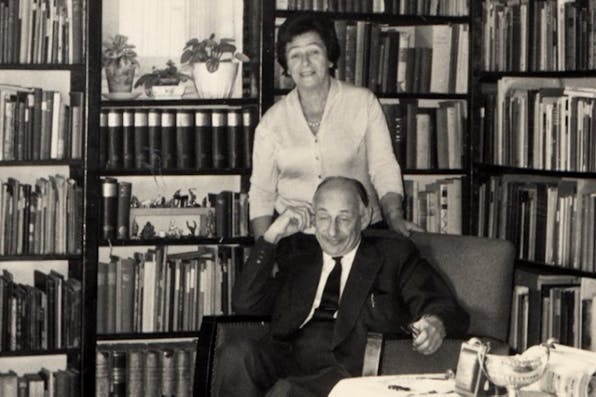
August 2025
How Jewish Studies Became a Tool of Adversarial Culture
By Ruth R. Wisse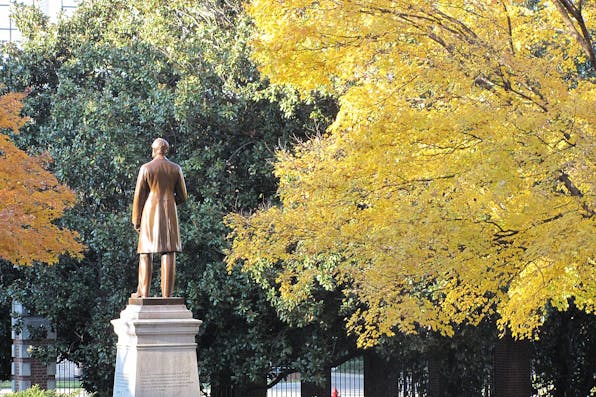
August 2025
The Future of Universities Must Be Built on Firm Values
By Daniel Diermeier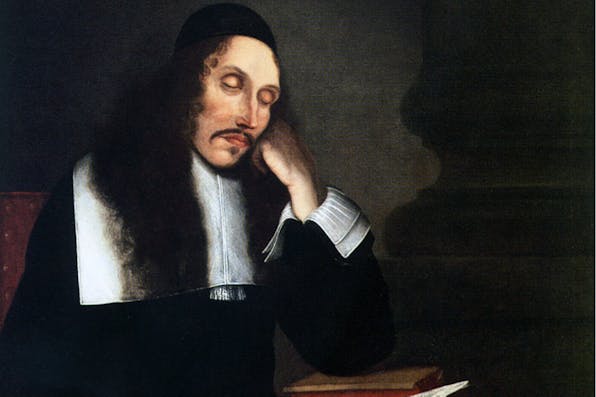
August 2025
Western Civilization and the Jews: A Shared History
By Steven H. Frankel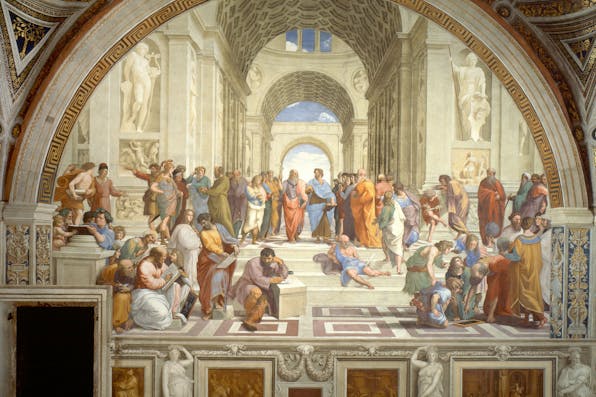
August 2025
The Quest for Wisdom, Truth, and Virtue at the University of Dallas
By Jonathan J. Sanford
August 2025
Universities Need Teachers Who Want to Teach, and Students Willing to Learn
By Bella Brannon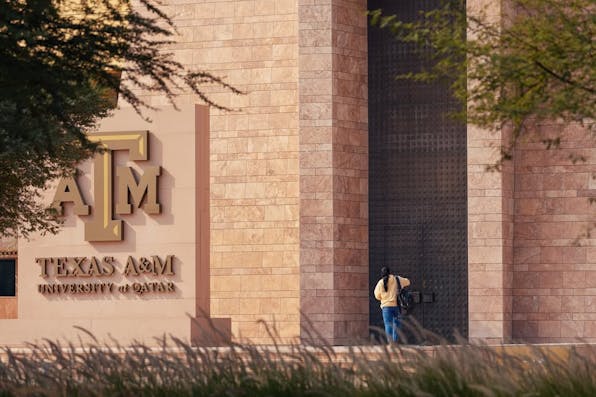
August 2025
Saving American Universities Requires Cracking Down on Foreign Funding
By Danielle Pletka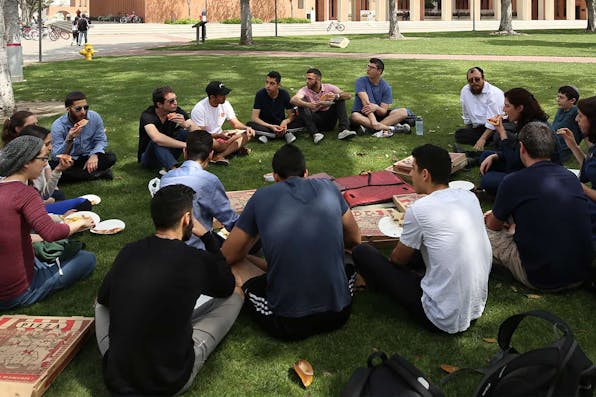
August 2025
Jews Shouldn’t Give Up on Universities, and Neither Should America
By Eitan Webb
August 2025
The Moral Collapse on Campus Is a Result of the Hollowing Out of the Humanities
By Alexander S. Duff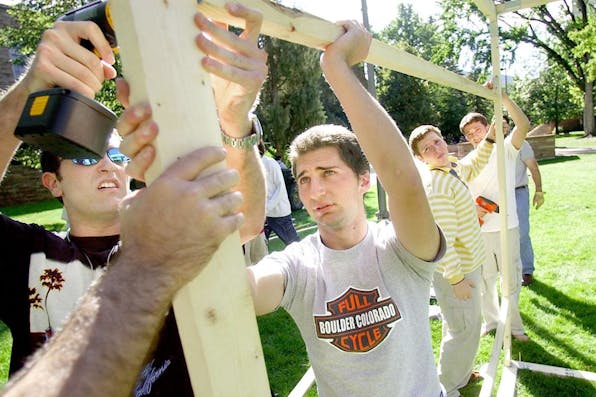
August 2025
Return American Universities to Their Religion-Friendly Roots
By Liel Leibovitz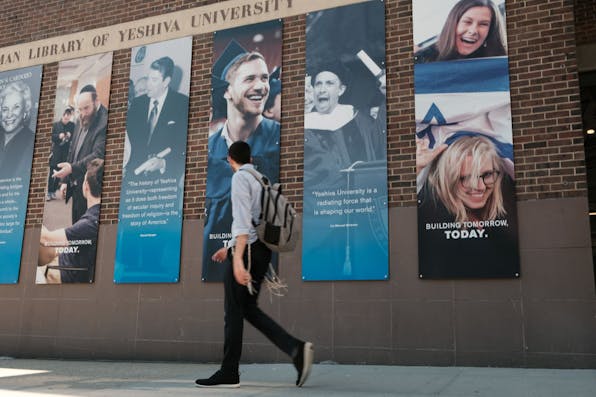
August 2025
To Make the Academic Desert Bloom, Look to Religion
By Ari Berman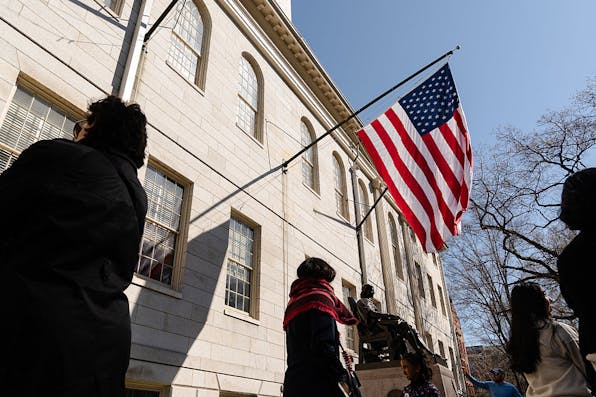
August 2025
The Universities and the American Crisis
By Ben Sasse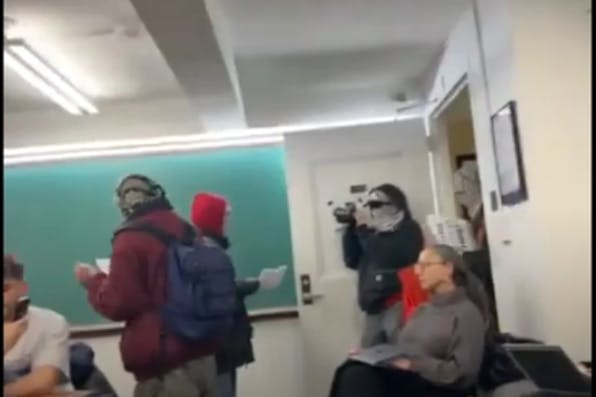
August 2025
The Campus Intifada Is a Golden Opportunity for Those Who Study Israel Seriously
By Avi Shilon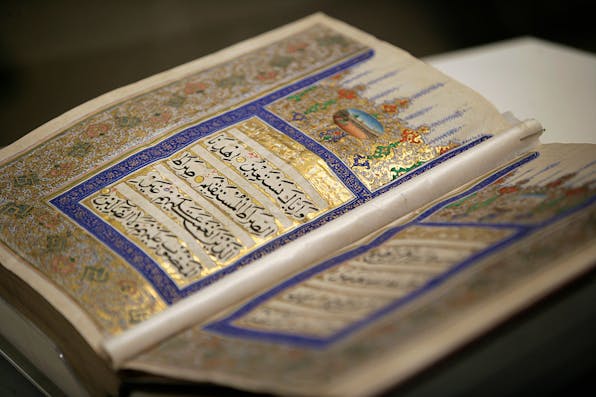
August 2025
With No Easy Fixes for Middle East Studies, It’s Time for New Programs
By Robert Satloff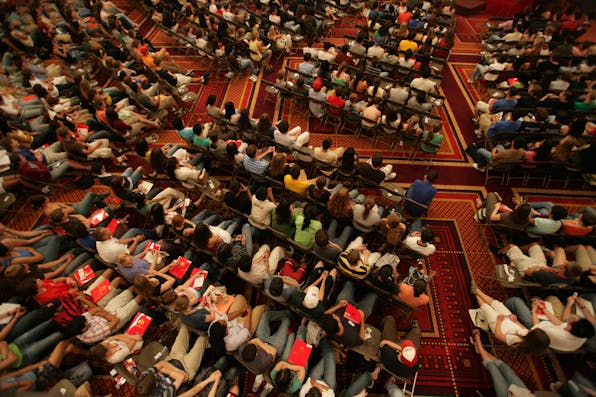
August 2025
The Perverse Microeconomics of the American University
By Michael Hochberg